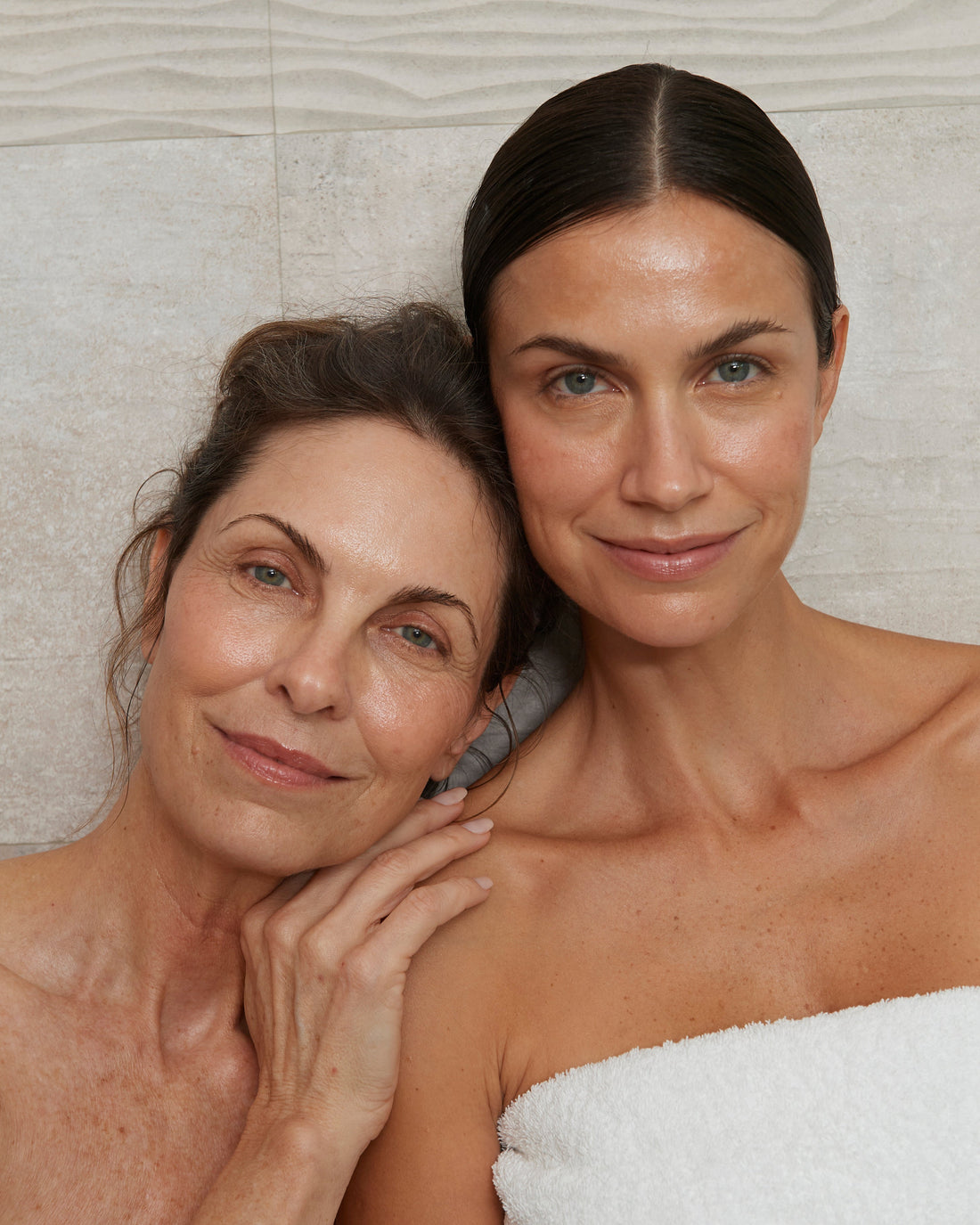
Choosing the Right Ingredients for Your Skincare Routine
The world of anti-aging skincare is packed with buzzworthy ingredients, each claiming to be the ultimate solution for smoother, youthful-looking skin. From peptides and retinol to hyaluronic acid and antioxidants, understanding what sets each apart can help you build the most effective routine for your skin’s needs.
Whether you’re looking to reduce the appearance of fine lines, hydrate dry skin, or promote the appearance of a radiant complexion, this guide will help you navigate the differences between peptides and other powerhouse skincare ingredients—so you can make informed decisions about your routine.
Understanding Peptides: The Building Blocks of Skincare
Peptides are short chains of amino acids, which are the fundamental building blocks of proteins. In skincare, they help maintain the look of firm, hydrated, and smooth skin. Unlike exfoliating ingredients such as retinol or acids, peptides work more gently, making them ideal for those who want to support skin without causing dryness or irritation.
Peptides are commonly found in hydrating serums, face creams, and targeted skincare treatments. They can be incorporated into both morning and evening routines and often work well alongside other active ingredients for a more comprehensive anti-aging approach.
Peptides vs. Retinol: Which One Is Better for Fine Lines?
One of the biggest comparisons in skincare is peptides vs. retinol—both known for their anti-aging properties, but each functioning in different ways.
- Peptides: Hydrate and support skin’s natural resilience, promoting a well-rested and smoother look without irritation.
- Retinol: A type of Vitamin A that encourages skin renewal but can sometimes lead to sensitivity, dryness, or flaking—especially for those with delicate skin.
Can They Be Used Together? Yes! If your skin tolerates retinol, combining it with peptides may create a balanced approach—retinol encourages skin renewal, while peptides help maintain a hydrated and refreshed appearance. If you’re just starting out with active ingredients, peptides may be the gentler option to consider first. If in doubt, we recommend consulting your physician.
Peptides vs. Hyaluronic Acid: Do You Need Both?
Both peptides and hyaluronic acid are known for their ability to promote a plump, hydrated complexion, but they work differently:
- Peptides: Help maintain the look of elasticity and smoothness.
- Hyaluronic Acid: Draws moisture to the skin’s surface for immediate hydration, making skin appear dewy and refreshed.
Can They Be Used Together? Absolutely! These two ingredients work well as a duo—hyaluronic acid hydrates instantly, while peptides contribute to skin’s long-term appearance.
Peptides vs. Antioxidants: Protecting Skin from External Stressors
Antioxidants are powerful ingredients that help support skin’s defense against environmental factors such as pollution and UV exposure. The most well-known antioxidants in skincare include Vitamin C, Vitamin E, and green tea extract.
- Peptides: Help maintain the appearance of skin’s hydrated, youthful look.
- Antioxidants: Help defend against external stressors and promote a bright, even complexion.
How to Use Them Together: Antioxidants are typically applied in the morning to protect skin throughout the day, while peptides can be used morning and night to maintain a smooth, refreshed look.
Peptides vs. Exfoliating Acids: When to Use What?
Exfoliating acids like AHAs (alpha hydroxy acids) and BHAs (beta hydroxy acids) help resurface skin by removing dead skin cells. However, they can sometimes lead to irritation if overused.
- Peptides: Help support skin’s smooth, plump appearance without exfoliation.
- AHAs & BHAs: Promote skin renewal but can sometimes lead to dryness or increased sensitivity.
Best Practices: If you’re incorporating both, use exfoliating acids a few times a week, then follow up with peptides to help maintain hydration and softness.
Choosing the Right Ingredients for Your Skincare Goals
When it comes to anti-aging, there’s no single “best” ingredient—the goal is finding the right balance for your skin type and concerns. Peptides offer a gentle yet effective way to support a firm, youthful appearance, while other ingredients such as retinol, hyaluronic acid, and antioxidants each play their own role in skincare.
For those looking to maintain a refreshed, well-hydrated complexion, peptides are an excellent addition to any routine. Whether you’re using them alone or combining them with other actives, they offer a versatile and skin-friendly approach to anti-aging skincare.
Want to explore more? Discover how peptides work and how they fit into a well-rounded routine with The Science of Peptides in Skincare.

